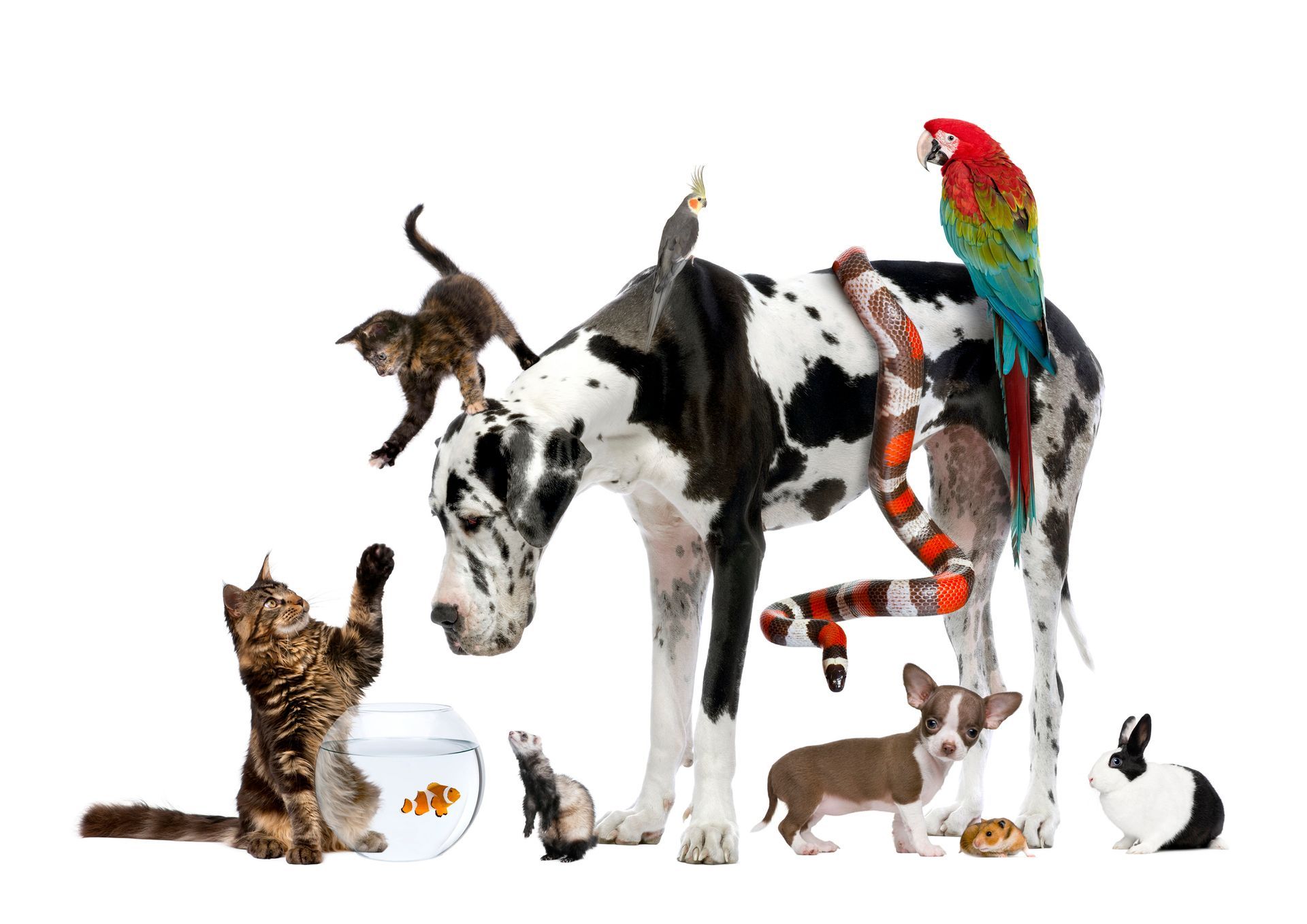Health Benefits of Regular Dog Grooming
The Health Benefits of Regular Dog Grooming: More Than Just a Bath

When you think of dog grooming, you might picture a fluffy pup getting a stylish haircut or a spa-like bath. But regular grooming is about more than just looking good; it has significant health benefits for your furry friend. Here’s why maintaining a grooming routine is crucial for your dog's overall well-being.
1. Skin Health and Hygiene
Regular grooming helps keep your dog’s skin clean and healthy. Brushing removes loose hair, dirt, and debris that can cause skin irritation or infection. It also helps to distribute natural oils produced by your dog’s skin, which keeps their coat shiny and moisturized. Additionally, regular grooming allows you to spot any skin issues like rashes, hotspots, or parasites early on, preventing more serious problems from developing.
2. Prevention of Matting and Tangles
For long-haired breeds, matting and tangling can be more than just a cosmetic issue; they can lead to painful skin problems. Mats and tangles trap moisture and debris against the skin, which can cause infections or irritations. Regular brushing helps prevent mats from forming and keeps your dog’s coat manageable and free from knots.
3. Reduction of Shedding
While you can’t completely stop shedding, regular brushing significantly reduces the amount of loose hair in your home. Brushing helps remove dead hair from your dog’s coat before it ends up on your furniture or floors. This not only keeps your home cleaner but also reduces the risk of hairballs and other shedding-related issues.
4. Ear Health
Routine grooming includes checking and cleaning your dog’s ears. Regular inspection helps prevent ear infections by removing excess wax and debris. Dogs with floppy ears are particularly prone to infections due to trapped moisture and heat, so keeping their ears clean and dry is essential for their health.
5. Nail Health
Trimming your dog’s nails is an often-overlooked aspect of grooming, but it’s crucial for their health. Overgrown nails can cause discomfort and lead to walking difficulties or joint problems. Regular nail trims help maintain a proper foot structure and reduce the risk of painful nail injuries.
6. Early Detection of Health Issues
Routine grooming provides a chance to check your dog for lumps, bumps, and other health issues that might not be immediately noticeable. Early detection of abnormalities can lead to prompt veterinary care and potentially prevent serious health problems.
7. Improved Mental Health
Regular grooming can help reduce stress and anxiety in dogs. The routine nature of grooming can be calming, and the physical touch can help soothe anxious dogs. It also provides mental stimulation and can be a positive experience if done with care and patience.




